Holidays are a time to relax, refresh and indulge in good food and pleasant company.
But if you’re worried about putting on a couple of kilos during your time off, follow these tips to make the most of your holiday without panicking about the weight gain.
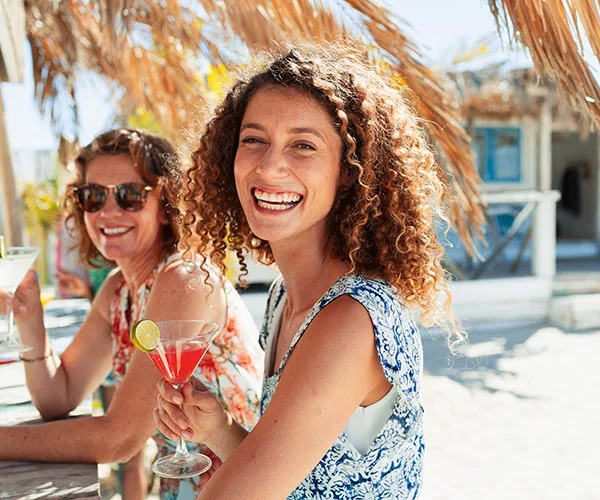
Act skinny at the buffet
Buffet brekkies might just be the best thing about holidays, but if you’re not careful they can undo the results of your pre-holiday diet.
That’s why researchers from Cornell University studied the way slim people eat buffet meals and found they have rituals the rest of us can borrow.
First, take a lap of the buffet to see what catches your eye – think waffles or sausage and eggs, not both.
Next, pick up the smallest plate you can find.
Third, serve a little of what you fancy – leave anything you’re uncertain about.
Finally, sit at a table as far away from the buffet as possible and face the other way – the study found that diners who do this are less likely to make repeat visits.
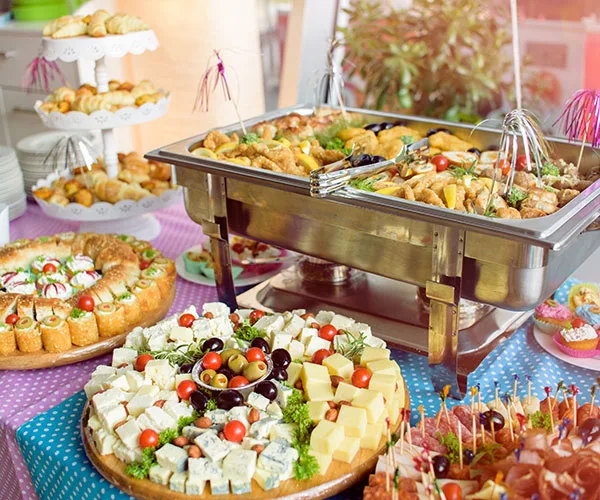
Watch your liquid kilojoules
If you have a wine with dinner, a beer at lunchtime, a daiquiri by the pool and a Baileys before bed, those four drinks add about 2200kj to your day’s energy intake.
Over the course of a week, that’s over 15,000kj – two days’ worth of food.
Not that you have to go teetotal; just have two alcohol-free days a week and stick to two standard drinks a day.
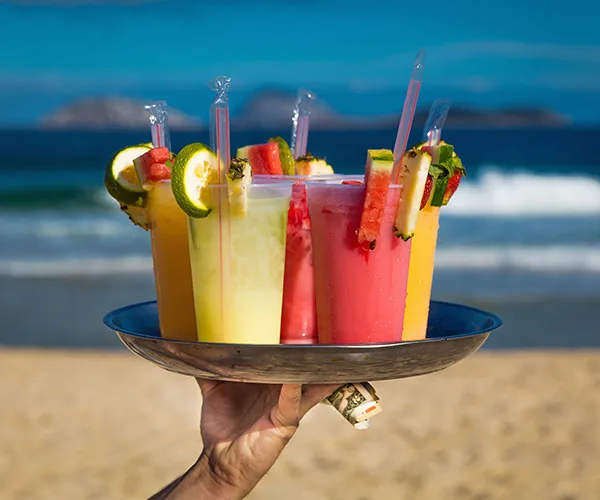
Stay active every day
Setting a new world record for the number of hours spent horizontal by the pool is a worthy holiday goal, but so is being able to zip up your skirt when it’s time to go home!
Do at least one daily activity to get your heart rate up, even if it’s just a round of mini golf with the kids or tenpin bowling.
At the very least, start each day with a walk on the beach.
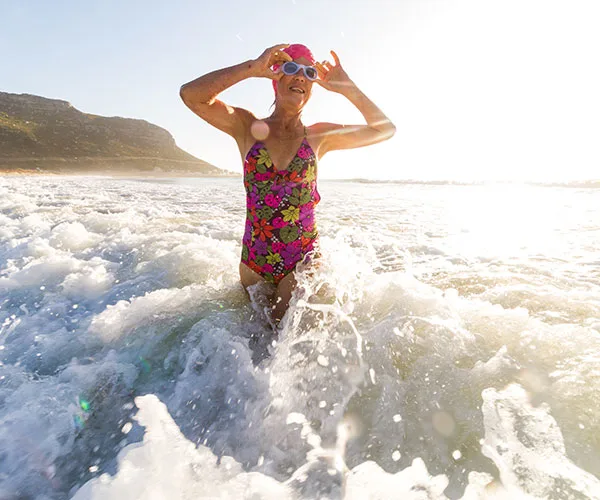
BYO healthy snacks
Rather than raid the minibar for chocolate and chips, do your waist (and wallet!) a favour by heading to a supermarket.
Stock up on nutritious snacks such as seedless grapes, air-popped popcorn, raw nuts, white cheeses (they’re lower in kilojoules than hard yellow cheeses), rice crackers and mineral water.
To avoid temptation, ask the hotel to clear out the minibar before you arrive.
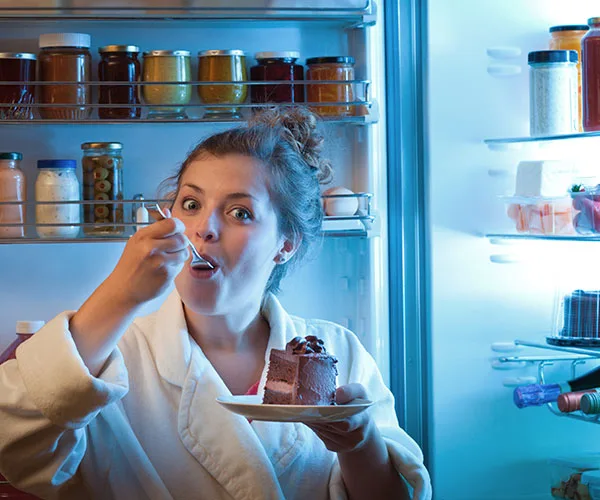
Stick to you usual dinnertime
If you’re used to eating at 6.30pm, suddenly pushing the evening meal back to 8pm or later could lead to weight gain. Studies show that people who eat late at night consume 12 per cent more kilojoules because they graze more, before and after their evening meal.
Eating late at night can also lead to heartburn and disrupt sleep, due to your body digesting while you’re nodding off.
Poor sleep sets you up for another day of overeating as you’re more likely to reach for fatty, sugary treats when tired.
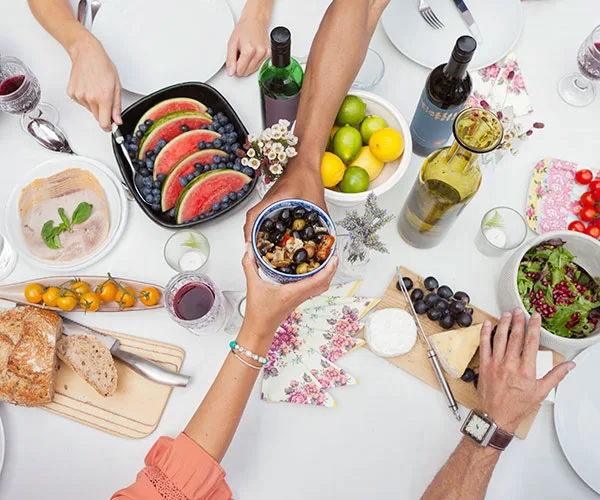
Don’t panic
If you do gain a couple of kilos, don’t stress. Holiday foods are often full of carbs and salts, which trigger bloating and water retention in the body.
If you’re only on holidays for a week or two, these foods will make your jeans feel tighter and make the scales climb, but after a week back home eating what you’d normally eat, the water weight is more than likely to fall off.
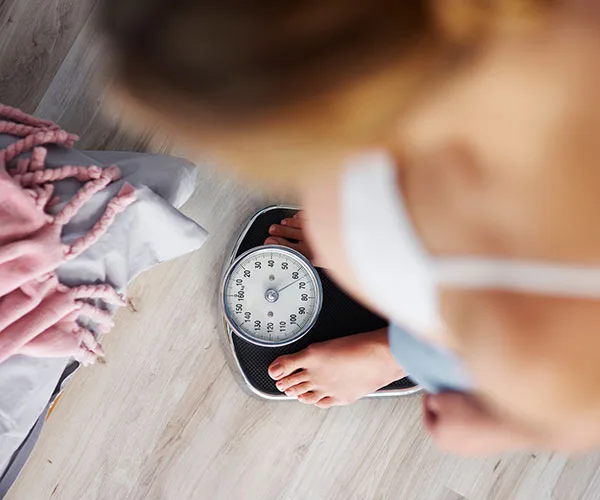
HEALTH NEWS:
Inhale, exhale
Ever since e-cigarettes and vapes hit the scene, many Australians have ditched cigarettes and made the switch in the hope that the vapour is much less toxic than the smoke.
But now, more than 1300 people in the United States have developed lung damage from using the new contraptions. A small-scale study conducted by Ohio State University found that using vape devices causes the same inflammatory cell changes linked to lung cancer as smoking.
Shockingly, these changes start after just one month of using.
Due to the rising cases of vape-related illness, the conditions now have a name: EVALI, which stands for e-cigarette or vaping product use-associated lung injury.
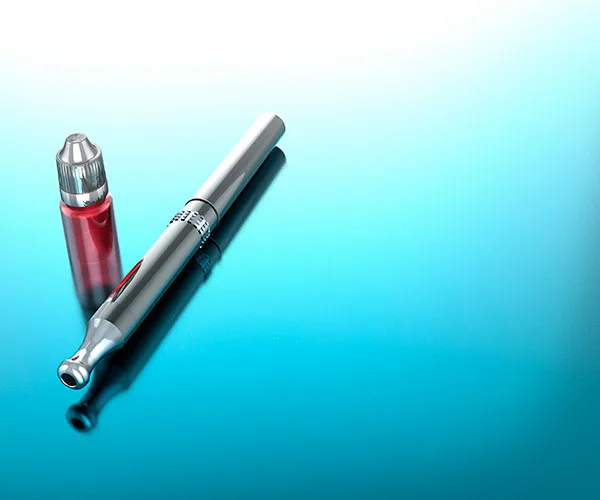
Man’s best friend
A recent study conducted by the American Heart Association revealed that owning a dog is associated with a longer life, especially for heart attack and stroke survivors.
Having a furry friend was associated with 24 per cent lower risk overall, but 31 per cent lower risk for dying of stroke or a heart attack.
Maybe it’s time to call your local shelter and rescue a new fur baby.

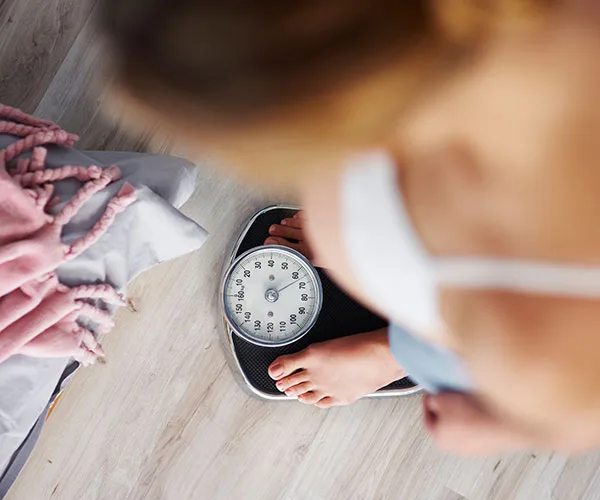
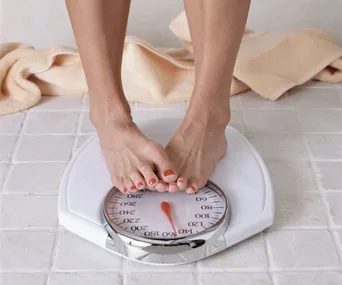
.png?resize=380%2C285)